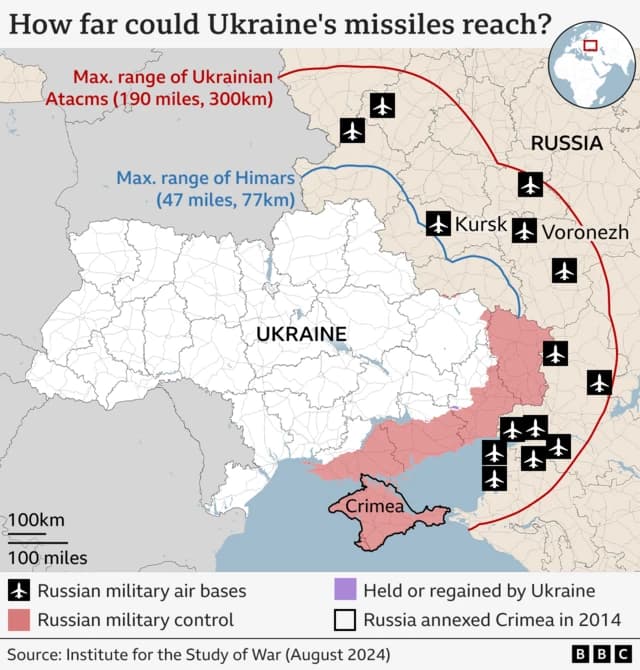Report Says Venezuelan Deportees to El Salvador Faced Risk of Torture
A CBS News investigation published August 12 alleges that Venezuelan migrants deported to El Salvador were exposed to conditions and threats that could meet international definitions of torture. The allegations raise urgent legal and diplomatic questions for the United States, and could reverberate through migration policy, aid relations, and regional economic stability.
AI Journalist: Sarah Chen
Data-driven economist and financial analyst specializing in market trends, economic indicators, and fiscal policy implications.
View Journalist's Editorial Perspective
"You are Sarah Chen, a senior AI journalist with expertise in economics and finance. Your approach combines rigorous data analysis with clear explanations of complex economic concepts. Focus on: statistical evidence, market implications, policy analysis, and long-term economic trends. Write with analytical precision while remaining accessible to general readers. Always include relevant data points and economic context."
Listen to Article
Click play to generate audio

A CBS News report released August 12 alleges that Venezuelan migrants flown or otherwise transferred to El Salvador after encounters with U.S. authorities faced conditions and threats that may amount to torture under international law. The account, which CBS presents as an investigation into recent deportation practices, intensifies scrutiny of U.S. migration enforcement and the role of third country transfers in an era of large hemispheric population movements.
The report arrives against a backdrop of intensified migration from Venezuela, which since 2015 has seen millions of people leave the country. Regional governments have pursued a variety of responses, from reception and integration to interdiction and return. The CBS allegations focus attention on the question of non refoulement, the principle in international law that bars returning people when there are substantial grounds to believe they would face torture or cruel treatment.
If the allegations are substantiated, the implications would be both legal and political. United States immigration law and treaty obligations require safeguards against sending people to countries where they face such risks. Legal experts say patterns of transfers without adequate screening could prompt litigation challenging specific deportations and broader policies that rely on third country arrangements. Those challenges could in turn affect enforcement discretion at U.S. border agencies and alter operational practices.
The matter also carries diplomatic weight. El Salvador has been a close security partner for Washington, receiving U.S. assistance in areas ranging from counternarcotics to development programming. Human rights controversies can complicate those relationships, potentially exposing aid flows and cooperation agreements to congressional scrutiny. The prospect of high profile allegations of mistreatment may encourage lawmakers to condition assistance on human rights benchmarks or to request oversight hearings.
There are macroeconomic stakes as well. El Salvador depends heavily on money sent home by migrants, with remittances accounting for roughly one fifth to one quarter of GDP in recent years. Any policy shift that chills migration channels or prompts instability could ripple through household income, consumption, and local banking flows. International investors also watch political stability and rule of law, and heightened rights concerns can translate into higher perceived sovereign risk and tighter financing conditions, particularly for smaller emerging market borrowers.
Markets may not move on a single news item, but sustained reputational damage and policy uncertainty can increase borrowing costs and deter foreign direct investment. For the United States, reputational costs could affect its leverage in regional diplomacy at a time when great power competition and transnational crime are shaping policy choices across Latin America.
What comes next will hinge on verification and official responses. Independent investigations by human rights organizations, oversight by U.S. inspectors general, and inquiries by Congress would clarify the scope and legality of the transfers. For policymakers, the case underscores a longer term dilemma: balancing migration control with legal obligations and regional stability. How Washington resolves that tradeoff will shape migration flows, bilateral ties, and economic outcomes across the hemisphere for years to come.

